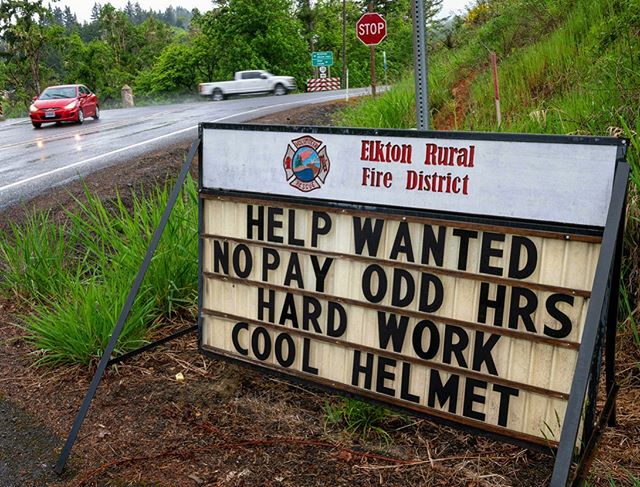Wow. The Ellis Archive has released a bunch of volunteer management books for FREE. These are books that Susan Ellis sold for years through her company, Energize, Inc.

If you don’t know: Susan was the world’s expert on the effective management of volunteers, and her company, Energize, was the world’s largest publisher of books on volunteer management. I was her disciple when it came to volunteer management, one of many. And she was the first promoters of virtual volunteering. We wrote The Last Virtual Volunteering Guidebook together (it’s not free, however).
If you are a person that works with volunteers, or wants to, all of these books are worth your time to read (don’t just download them!)
- Beyond Police Checks, by Linda Graff (this book is THE book regarding safety in programs involving volunteers. I don’t think any program should involve volunteers with children or the general public without reading this book. It’s life-changing).
- Building Staff Volunteer Relations, by Ivan H. Scheier (Mr. Scheier was the first person who compiled information about the management of volunteers in any kind of meaningful, substantial way – Susan constantly promoted his work, which never lost its relevance).
- When Everyone’s a Volunteer: The Effective Functioning of All-Volunteer Groups, by Ivan H. Scheier (pioneering work that has lost none of its relevance after all these years).
- Proof Positive: Developing Significant Volunteer Recordkeeping Systems, 21st Century Edition, by Susan J. Ellis and Katherine H. Campbell.
- Visionary Leadership in Volunteer Programs, by Marlene Wilson.
- The Volunteer Recruitment Book, by Susan J. Ellis.
- What We Learned the Hard Way about Supervising Volunteers, by Jarene Francis Lee (this is a compilation of different learnings by various managers of volunteers, including me!).
- The Volunteer Management Audit, by Susan J. Ellis.
- By the People: A History of Americans as Volunteers, by Susan J. Ellis and Katherine H. Campbell. I wrote a review of this book here.
- Children As Volunteers: Preparing for Community Service, by Susan J. Ellis and Katherine H. Campbell.
- Church Puzzle by Susan J. Ellis.
- Making Dreams Come True without Money, Might or Miracles, by Ivan Scheier.
Funded by the Susan J. Ellis Foundation, the Ellis Archive primarily consists of digitized documents from Susan J. Ellis‘ personal resource library. The Ellis Archive is searchable by title, source, year, author, and keyword topic. Special tags also exist for Research, Non-US/International, and AVA history items.Items in the archive are organized into 32 keyword topics, with some cross-referencing. These topics also represent a broad range of mission-focused areas, such as the arts, criminal justice, social services, the environment, healthcare, government, education, etc. Most content originates from 1970 through 2004. However, there are seminal works dated as early as 1947, and a few documents as recent as 2010. Also included are numerous items from the private libraries of two pioneer volunteer leaders – Harriet Naylor and Ivan Scheier, prodigious writers and highly respected mentors to Susan. Much of Scheier’s work was originally digitized by Regis University and now continues to be accessible as part of this Archive. In addition, the Minnesota Office of Volunteer Services Resource Library gave a few of its publications to Susan when that office closed in 2002; these publications are now a part of this Archive. The Archive also includes historical items documenting some of the history of the Association for Volunteer Administration (AVA).


